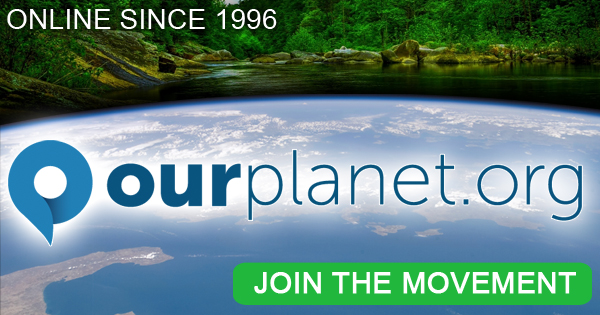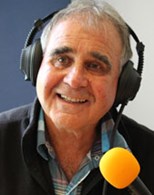
History of media, early Maori newspapers, wealthy family owned papers in main cities and eventually union owned newspapers. To print media today and by extension web sites.
Then radio and TV their evolution that along with print media is now basically in the hands of about 5 owners and an increasing concentration into fewer hands. Other than TV NZ and Radio NZ, virtually all large media is overseas owned.
Overlapping into telecommunications, via telephones, computers and morphing into electronic espionage and security issues.
How can we encourage NZers to look for optimistic and solution oriented community news?
What is the outlook on the future regarding mass communications and media, including electronic control, such as turning off transmitting capabilities of mobile phones in areas of public demonstrations?
Transparency in a free and open democracy?
Quick Synopsis:
Newspapers used to be only owned by the rich but along came the unions, like the Transport Worker and the Maori Land Worker resulting in a completely different news perspective for the under classes. What happened?
Michael Savage in the 1st Labour Government in the 1930s introduced radio broadcasts of Parliament that opened it all up for the commoner to become more aware and engaged.
Censorship was prevalent from the first NZ Conservative Govt and also by Labour when it got into power.
Introduction of Radio and then TV was all Govt controlled. Then pirate/private radio.
The 1984 change of government to Labour and the neo liberal policies of Roger Douglas were basically underwritten by the NZ Govts 'Department of the Treasury' and that changed everything.
Resulting in deregulation of broadcasting after 1989 that led to many changes, National Govt abolishing in 1991 all foreign media ownership restrictions in NZ, opening up to all main media other than TVNZ and Radio NZ being either off shore owned or controlled.
We learn that: The Fourth Estate, is based on journalists and news media to raise issues of public importance and to advance levels of public debate - and to create the resources necessary for social citizenship. This today in NZ is clearly failing us miserably.
That global information today is readily accessed here in NZ and due to the web can now be sourced from non Western perspectives, such as RT, Russia Today which has become the first TV news channel in history to reach 1 billion views on YouTube, and Aljazeera and its well heeled Arab perspective, are more open than say Fox, CNN and BBC World. But RT and Aljazeera also have their undisclosed 'other side' too.
The world wide web has still huge possibilities to expand including tweets etc
Social media and web access etc can expand our communication over broad networks and areas, however it cuts both ways with the ability for surveillance coming back the other direction in real time = being a double edged sword.
Finally, 'we the people own the airwaves across NZ' shouldn't there be a social contract that anyone who broadcasts on these invisible airwaves, also put community oriented programs and documentaries on to assist and educate the public on daily life and not at 1 or 3 am in the morning? For example, TV2 and TV4 at present to many 'conscious' people are trash and rubbish dispensers that can be perceived as fragmenting and making more young viewers lives more disconnected and dysfunctional. Are these stations in their present format serving the public good?
